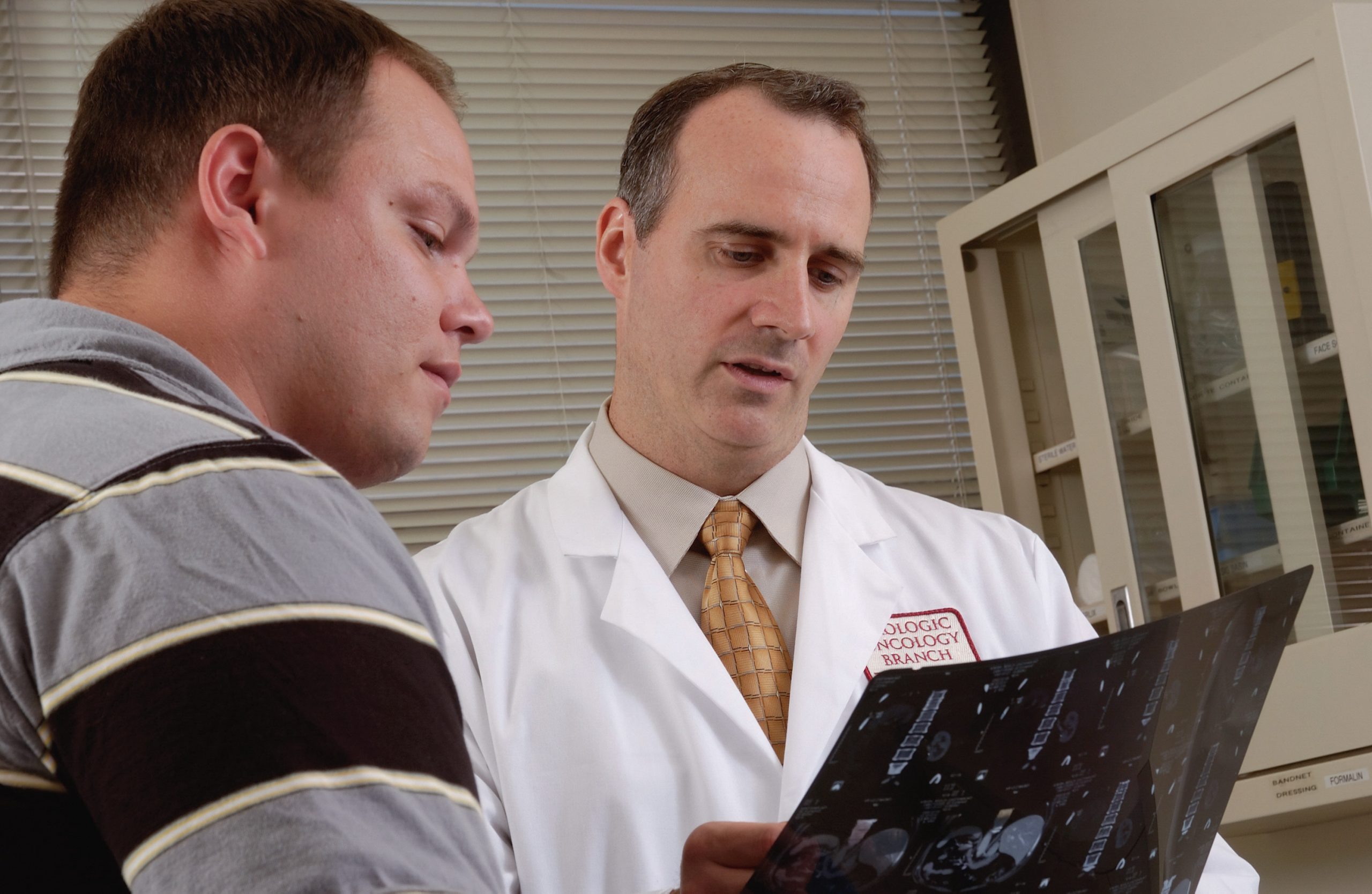If you filed a worker’s comp claim, you must get familiar with the terms that apply. One of the terms you will need to know is maximum medical improvement. It is used to describe the state the worker reaches when doctors determine their work-related injury is not likely to improve.

This article will take a closer look at maximum medical improvement and what it means for your settlement.
What is Maximum Medical Improvement?
Maximum medical improvement is determined when doctors decide a patient has reached a point where their health will not continue to improve. In some cases, MMI will be determined when a patient is fully healed. In other instances, the determination will be made when a doctor decides a disability is permanent.
When MMI is reached, the doctor will assign the patient a disability rating. The rating is a percentage based on the severity of the condition. It determines the compensation the patient will receive and the tasks they can and cannot do.
When a maximum medical improvement is assigned, the worker will typically receive a lump sum settlement that covers their current and future medical expenses and lost wages. But in some cases, ongoing benefits are provided.
How Maximum Medical Improvement Affects Career Choice
When an MMI is determined the doctor will tell the patient what tasks they can and cannot perform. This determination could affect the worker’s career choice. If they worked in a position that required physical labor, they may no longer be able to perform the same tasks.
In these instances, the employer may offer the worker a different position such as a desk job. If the new position means a deduction in pay, the lost wages may be included in the settlement. If the employer does not have another job for the worker, they may be responsible for funding training so the worker can get a position elsewhere.
If the worker is unable to work at all, workers comp will cover temporary disability benefits. After those benefits are paid, the worker may receive supplemental job displacement benefits from the government.

Lump Sum Payments vs. Ongoing Benefits
Once maximum medical improvement is reached, insurance will offer the worker compensation which often comes in the form of a lump sum payment. Review the amount with your doctor and lawyer (if you have one) to determine if it’s enough to cover your past, current, and future expenses. If so, you may accept the settlement. Your acceptance means your employer is no longer responsible for paying for your lost wages and medical care moving forward.
If you are not happy with the settlement you receive, you may take your case to a worker’s comp judge. They will decide if the settlement is fair. They may also decide that you are eligible for ongoing benefits.
Ongoing benefits are a preferable choice because they will cover you if your condition worsens in the future. Additionally, unlike a lump sum payment, they won’t prevent you from collecting social security disability or pension after you retire.
How Long Does It Take to Reach a Maximum Medical Improvement Decision?
The time it takes to reach an MMI decision varies depending on the severity of the injury. Generally, the more serious the injury, the more treatments and surgeries you will need. All treatments must be completed before an MMI diagnosis is made.
How Does the Doctor Determine an MMI Diagnosis?

After a worker receives emergency medical care for their injury, they will likely be referred to an orthopedic doctor. When the doctor determines there is nothing more they can do for you, they will recommend that you undergo a Functional Capacity Evaluation (FCE). The FCE will determine what you are physically capable of.
If your injury or illness is cognitive, such as a work-related concussion, depression, or PTSD, you will be referred to a psychiatrist or neurologist. Rather than recommending an FCE, they will recommend Maximum Medical Improvement counseling, medication, and work restrictions. You will continue undergoing treatment until the doctor determines you are ready to go to work or that you can never return to work again.
Disagreements About Your Maximum Medical Improvement
Sometimes doctors give up on patients and provide an MMI diagnosis even though there are treatments that could improve their condition. In these instances, the patient may get a second opinion. The insurance carrier is not required to pay for second-opinion care. The workers will need to pay for it themselves.
They may also ask the first physician to release them from care so they can find another doctor covered by worker’s comp.
The employer may also disagree with the doctor’s MMI diagnosis. In these instances, the company will pay for the second opinion appointment.
If the second doctor agrees with the MMI diagnosis, the patient’s worker’s comp payments will be terminated. If the second doctor disagrees, the case will proceed to a special hearing. A worker’s comp judge will make the final decision.
Do I Need an Attorney?
If you don’t agree with your MMI assessment, an attorney may help you get the compensation you need. They will gather expert witnesses like physicians, physical therapists, and life care planners to estimate the cost of your medical expenses. They will help you get additional benefits if need be. They can also provide workers with an assessment of their claim’s value so they know what to expect from their employer and their insurance carrier.
A maximum medical improvement sets the course for the injured worker’s future. If you have an issue with the diagnosis, you may take legal action. Good luck achieving optimal wellness.
